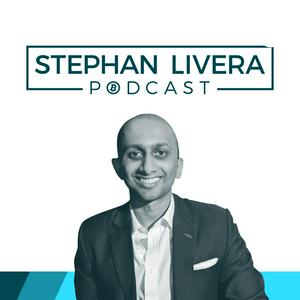In this interview, Stephan Livera chats with Charlie Spears from Blockspace about Bitcoin's ongoing debates on spam, protocol upgrades, and the future of Bitcoin development. They explore the nuances of on-chain data, the impact of ordinals, and the importance of ecosystem diversity.
Takeaways:
🔸The history and evolution of Bitcoin data debates, including the fork and filter strategies
🔸The real impact of spam and arbitrary data on Bitcoin's security and censorship resistance
🔸Analysis of proposed protocol changes like BIP 110 and their effectiveness in curbing spam
🔸The game theory behind spam vectors and how the ecosystem adapts to soft forks and filters
🔸The role of different Bitcoin clients and the importance of client diversity for network robustness
🔸The future of ordinals, inscriptions, and their potential resurgence tied to Bitcoin's overall adoption and price cycles
🔸Insights into Bitcoin Layer projects and the importance of ecosystem tracking and transparency
🔸The significance of Bitcoin conferences like Opnext for fostering developer-institution collaboration and debate
🔸The overarching principle: increasing Bitcoin adoption as the best solution to data and spam concerns
Timestamps:
(00:00) - Intro
(01:13) - The BIP110 fork and filter debate
(03:59) - Consensus changes vs. policy solutions
(08:36) - Understanding spam and data on the Bitcoin blockchain
(11:29) - Diversity of Bitcoin clients
(14:29) - What is considered spam?
(17:55) - Will BIP110 stop or curb spam?
(24:51) - Evolution of spam tactics in Bitcoin
(29:18) - The future of Ordinals
(32:16) - Does Ordinals & spam make Bitcoin a worse money?
(37:04) - What is ‘Bitcoin Layers’?
(43:02) - What is OPNEXT 2026?
(52:49) - Closing thoughts
Links:
https://x.com/cbspears
https://blockspace.media/
https://x.com/blockspace
https://x.com/opnext2026
https://x.com/oklahomabtc
Stephan Livera links:
Follow me on X: @stephanlivera
Subscribe to the podcast
Subscribe to Substack


